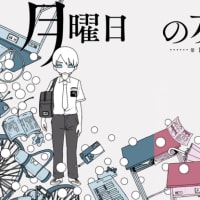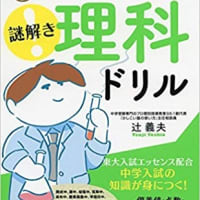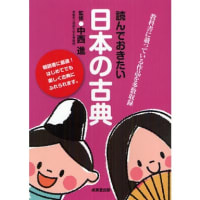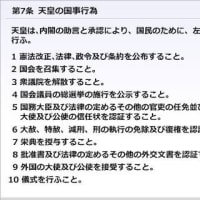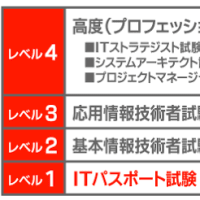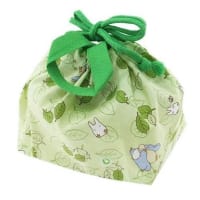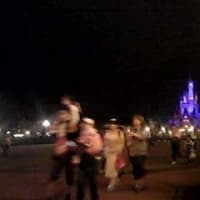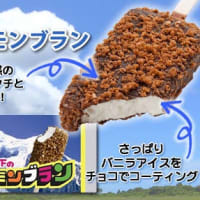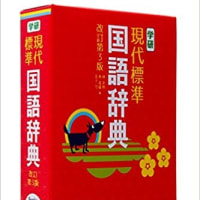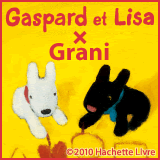
続きです。山鹿は今日も暑い!お盆のころはずっと暑い。でも夕方は涼しくなります。日が暮れると、夕涼みに出かけます。浴衣(ゆかた)という simple な着物を着る人もいます。
(It's) too hot!!
It has been so hot
during the "Bon"holidays.
It gets cool in the evening.
When the sun goes down,
we go out and enjoy a walk at night.
Some people wear yukatas.
A "yukata" is a casual summer kimono.
the photo;"Summer Wars"the movie
天気や時間の主語は、"it"を使います。
It gets cool/涼しくなる
状態など表すには、「be動詞」を使います。
A yukata is a kimono/浴衣は、着物です
It is very hot/とても暑い
"has been"はhave(has)+過去分詞の「現在完了」で。「過去に起こったことが、現在にもつながっている」ことを表します。
It has been hot/(過去から今まで)ずっと暑い
強調の"too"は、「…すぎる」と否定的です。
too…to~/あまりに…なので~できない
The book is too difficult to read it.
"so"は、あとに「尾を引く」コア・イメージです。
so…(that)~/とても…なので~だ
The book is so difficult that I can't read it.
[課題]
"so"の意味と例文を、英和辞書で調べノートに書き出してください。
続きます。(塾長)
(It's) too hot!!
It has been so hot
during the "Bon"holidays.
It gets cool in the evening.
When the sun goes down,
we go out and enjoy a walk at night.
Some people wear yukatas.
A "yukata" is a casual summer kimono.
the photo;"Summer Wars"the movie
天気や時間の主語は、"it"を使います。
It gets cool/涼しくなる
状態など表すには、「be動詞」を使います。
A yukata is a kimono/浴衣は、着物です
It is very hot/とても暑い
"has been"はhave(has)+過去分詞の「現在完了」で。「過去に起こったことが、現在にもつながっている」ことを表します。
It has been hot/(過去から今まで)ずっと暑い
強調の"too"は、「…すぎる」と否定的です。
too…to~/あまりに…なので~できない
The book is too difficult to read it.
"so"は、あとに「尾を引く」コア・イメージです。
so…(that)~/とても…なので~だ
The book is so difficult that I can't read it.
[課題]
"so"の意味と例文を、英和辞書で調べノートに書き出してください。
続きます。(塾長)










